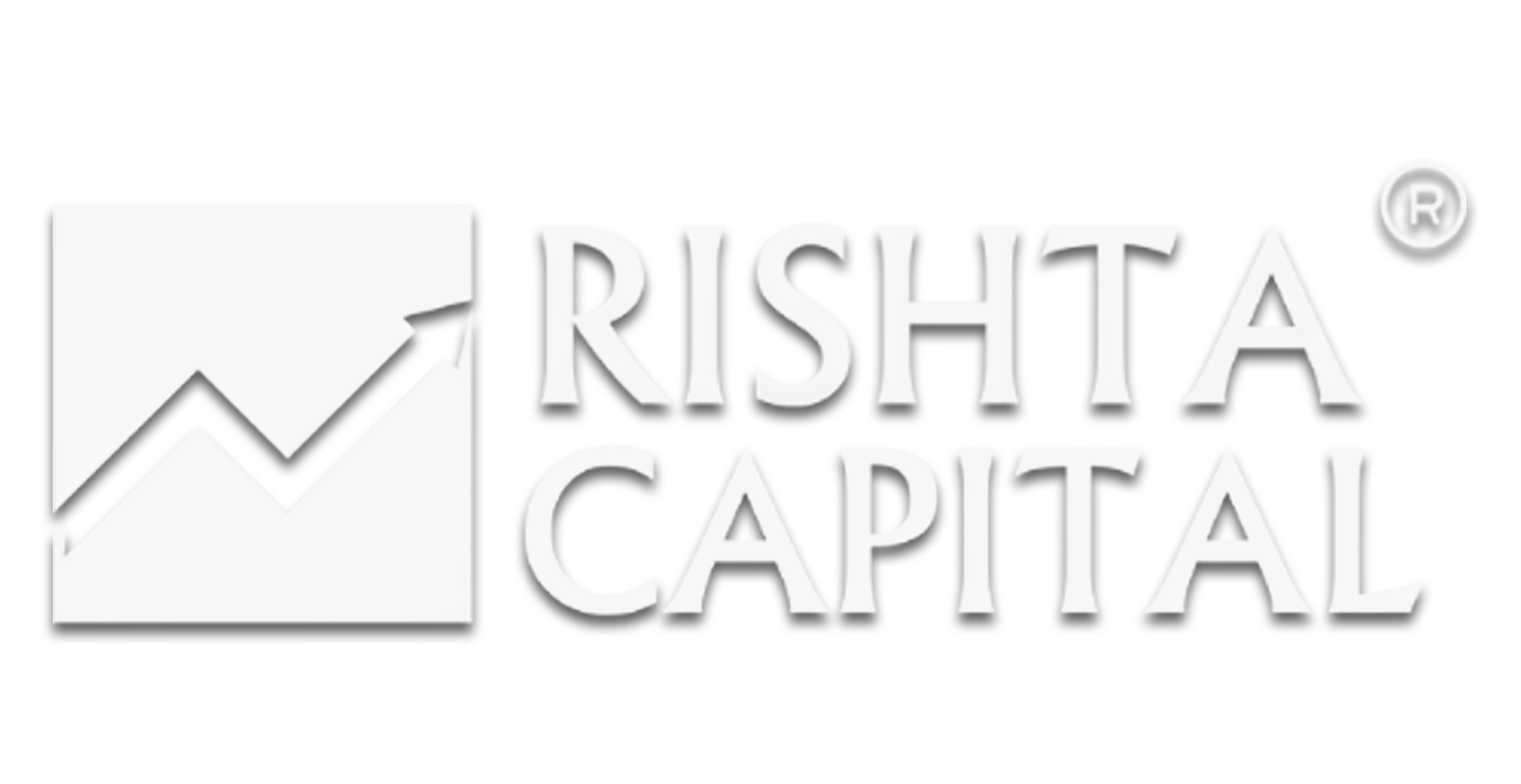Corporate Fixed Deposits
Corporate Fixed Deposits (FDs) are fixed-term investment products offered by companies to raise funds. These deposits work similarly to bank fixed deposits, where investors deposit a lump sum amount for a specified period in exchange for a fixed interest rate. However, corporate FDs are issued by companies rather than banks, and they generally offer higher interest rates due to the added risk involved in investing in a company's financial stability.

Advantages of Corporate Fixed Deposits
Disadvantages:
people also ask?
Corporate Fixed Deposits are fixed-term investment products offered by companies to raise funds. Investors deposit a lump sum amount with the company for a specified period in exchange for a fixed interest rate. These FDs typically offer higher interest rates than bank fixed deposits but carry additional risk due to the financial health of the company.
The main difference lies in the issuer. Corporate FDs are issued by companies, while Bank FDs are issued by banks. Corporate FDs tend to offer higher interest rates but come with more risk because they depend on the company’s creditworthiness. Bank FDs are considered safer since banks are generally more stable and regulated.
The primary risk with Corporate FDs is credit risk, which refers to the possibility of the issuing company defaulting on its repayment obligations. Since these deposits are not backed by any government or bank, investors face the risk of losing their principal or interest if the company faces financial distress. Liquidity risk is another concern, as withdrawing the deposit before maturity often incurs penalties or is not possible without loss of interest.
Before investing in Corporate FDs, investors should consider:
Credit Rating: Assess the credit rating of the company to gauge its financial stability. Higher-rated companies are generally safer.
Interest Rate: Compare the offered interest rate with other investment options to ensure it aligns with your financial goals.
Tenure: Determine the investment horizon based on the company’s FD options and your financial requirements.
Risk Tolerance: Understand the risk involved, as Corporate FDs are riskier than bank FDs due to company-specific risks.
Credit Rating: Assess the credit rating of the company to gauge its financial stability. Higher-rated companies are generally safer.
Interest Rate: Compare the offered interest rate with other investment options to ensure it aligns with your financial goals.
Tenure: Determine the investment horizon based on the company’s FD options and your financial requirements.
Risk Tolerance: Understand the risk involved, as Corporate FDs are riskier than bank FDs due to company-specific risks.
